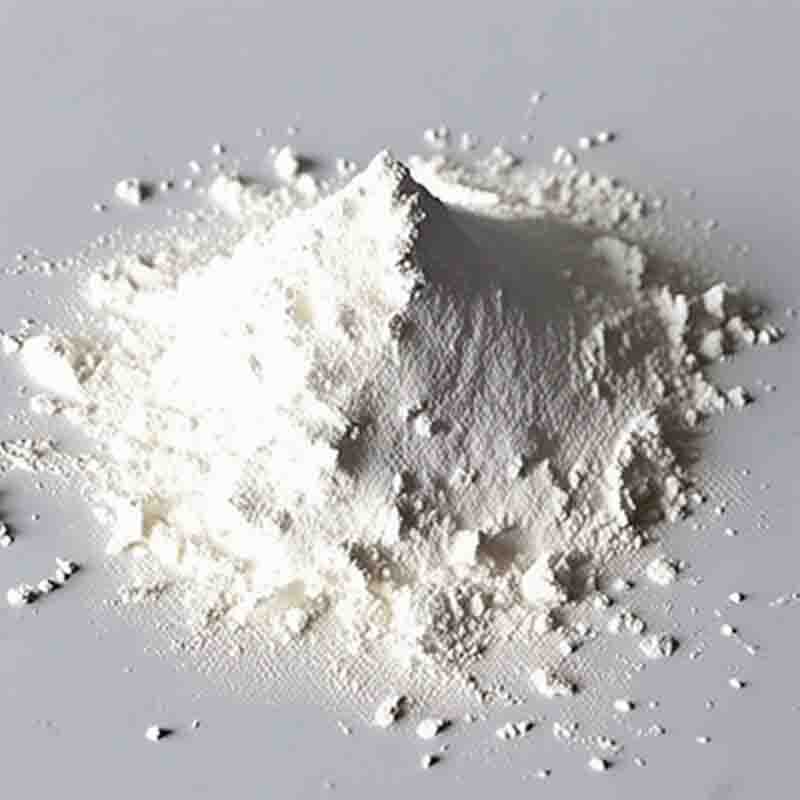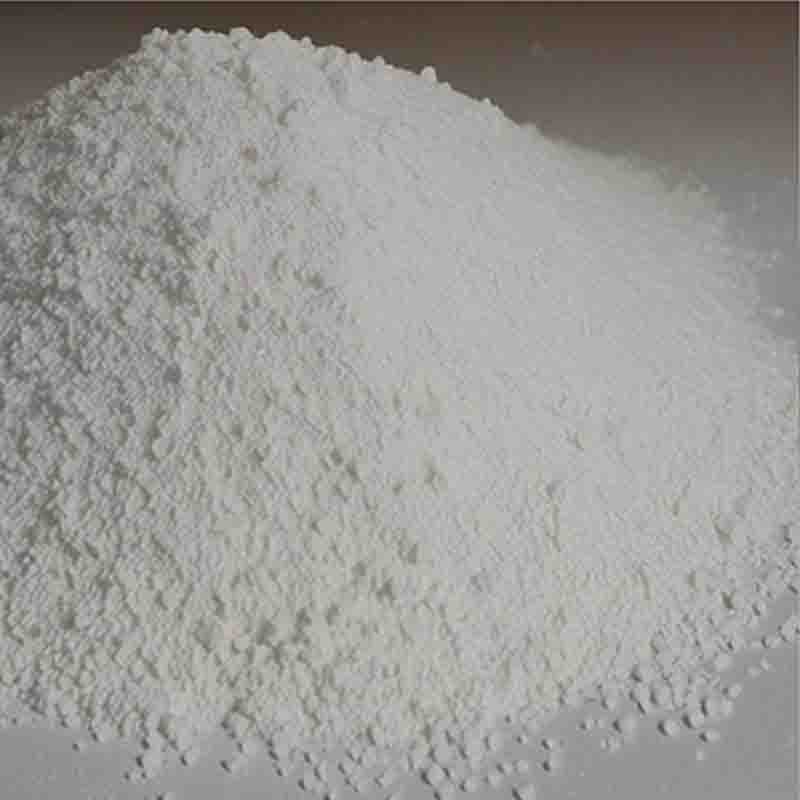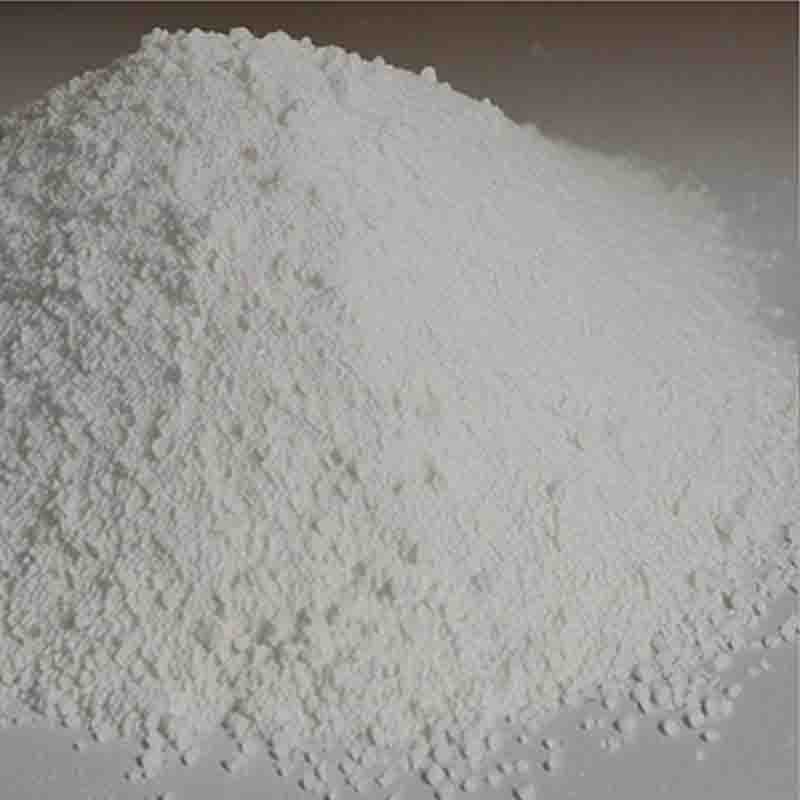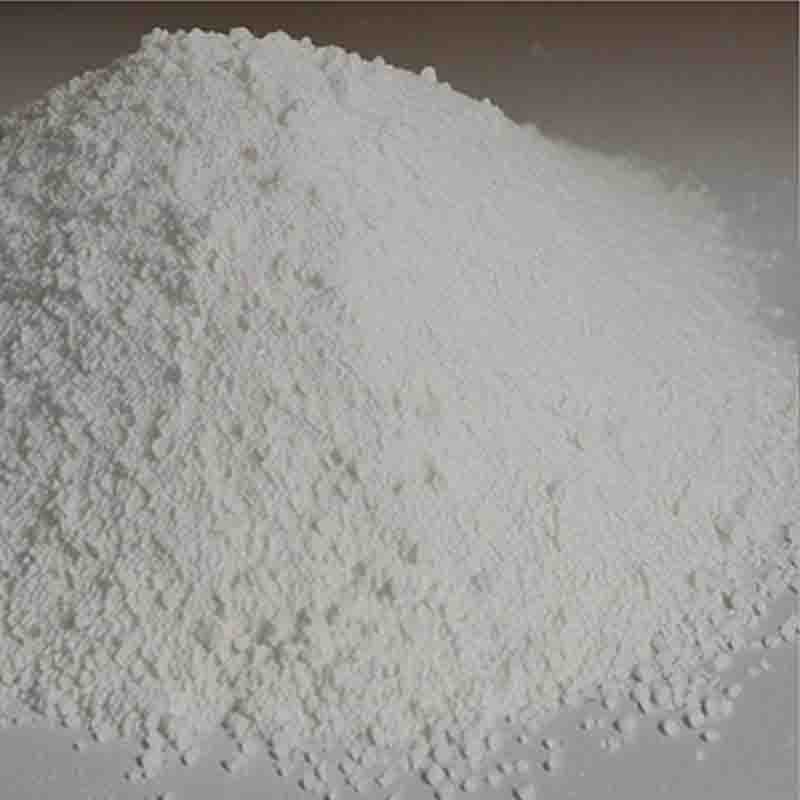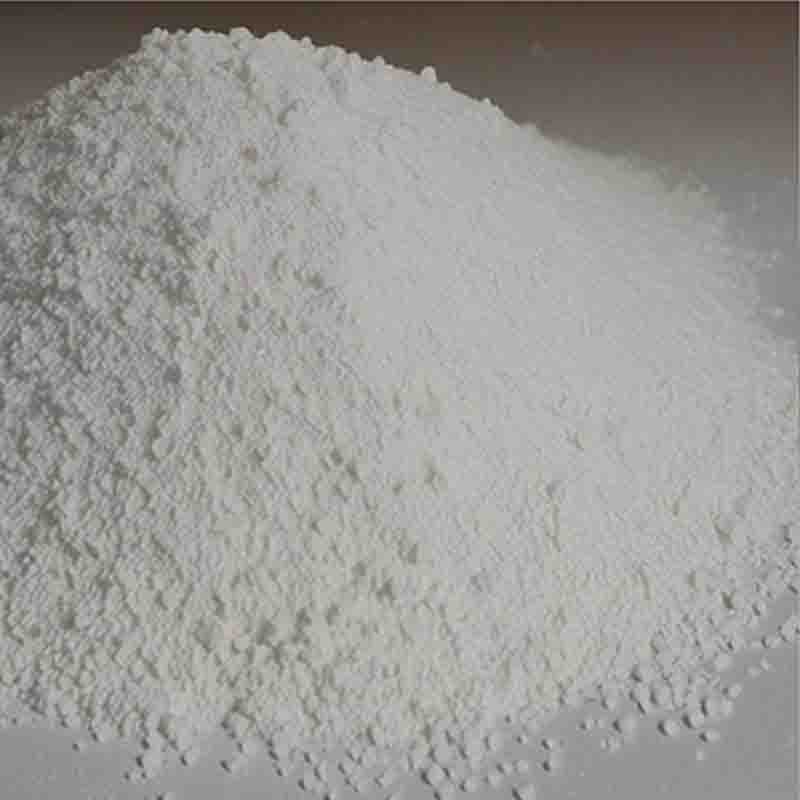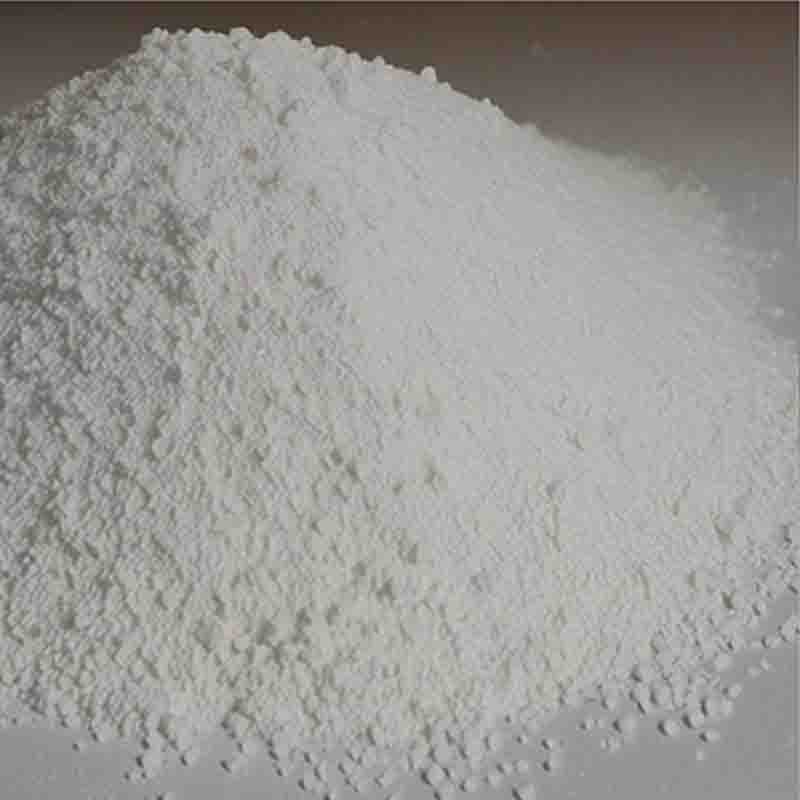N-[(9H-fluoren-9-ylmethoxy)carbonyl]-L-leucine CAS:35661-60-0
| Catalog Number | XD95783 |
| Product Name | N-[(9H-fluoren-9-ylmethoxy)carbonyl]-L-leucine |
| CAS | 35661-60-0 |
| Molecular Formula | C21H23NO4 |
| Molecular Weight | 353.41 |
| Storage Details | Ambient |
Product Specification
| Appearance | White powder |
| Assay | 99% min |
N-[(9H-fluoren-9-ylmethoxy)carbonyl]-L-leucine is a compound that is commonly used as a protecting group in peptide synthesis. It is also known as Fmoc-Leucine or Fmoc-Leu. In peptide synthesis, Fmoc-Leucine is used to protect the amino group of the amino acid leucine during the stepwise assembly of a peptide chain.The Fmoc group, which is attached to the carboxylic acid group of the leucine molecule, provides temporary protection to the amino group. This protection prevents unwanted side reactions and allows for the selective elongation of the peptide chain. Fmoc-Leucine plays a crucial role in ensuring the success and efficiency of solid-phase peptide synthesis.Peptides synthesized using Fmoc-Leucine can have a range of effects depending on their amino acid sequence and the target molecule they interact with. Leucine is an essential amino acid with diverse physiological functions, and its incorporation into a peptide sequence can impart specific biological activities.Leucine-rich peptides have been found to play roles in multiple biological processes, such as protein-protein interactions, receptor signaling, enzyme function, and immune response modulation. These peptides can act as agonists or antagonists, influencing cellular processes and pathways. The Fmoc group, being a temporary protecting group, is later removed to reveal the free amino group of the leucine residue in the peptide.Fmoc-Leucine, as a protecting group, allows for the selective modification of peptides and the construction of peptide libraries. These libraries can be screened for various applications, such as drug discovery or understanding protein function. Modification of Fmoc-Leucine-containing peptides with different functional groups or labeling agents can further expand their potential applications.In conclusion, N-[(9H-fluoren-9-ylmethoxy)carbonyl]-L-leucine, or Fmoc-Leucine, is a commonly used protecting group in peptide synthesis. Its main role is to protect the amino group of leucine during solid-phase peptide synthesis, facilitating the assembly of desired peptide sequences. The resulting peptides can have a range of effects and applications, depending on their specific amino acid sequence and target molecule. Fmoc-Leucine enables the construction of diverse peptide libraries for drug discovery and the study of biological processes.


![N-[(9H-fluoren-9-ylmethoxy)carbonyl]-L-leucine CAS:35661-60-0 Featured Image](https://cdn.globalso.com/xdbiochems/白色粉末11108.jpg)
![N-[(9H-fluoren-9-ylmethoxy)carbonyl]-L-leucine CAS:35661-60-0](https://cdn.globalso.com/xdbiochems/粉末11129.jpg)
